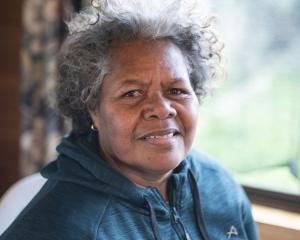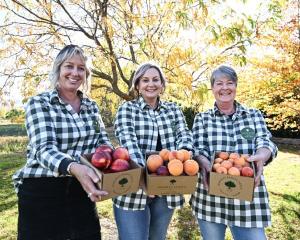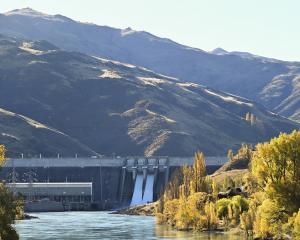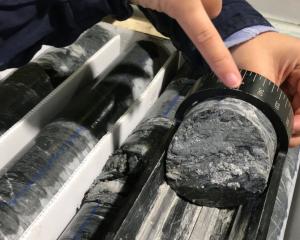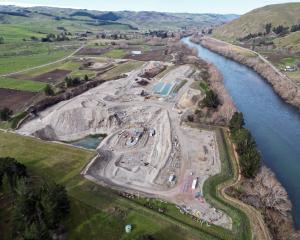
The tightening of access to public land through high-country stations is becoming a trend as new owners move away from farming to more lucrative ventures, Otago Fish and Game Council chief executive Niall Watson says.
His comments come after the council joined other groups in criticising the Overseas Investment Office's decision to approve the sale of Hunter Valley Station to American television presenter Matt Lauer.
Fish and Game was one of about 10 groups that took part in discussions with Mr Lauer's representatives, before the sale was approved last month, about securing public access through the station.
Restrictions on access were becoming a trend across the South Island high country as new owners drifted away from farming the land, Mr Watson said.
``Things have tightened up in recent years. It's a trend across the South Island high country as the reasons for owning a high-country property broaden from pastoral farming locations to locations for exclusive holiday homes, luxury lodges and tourism based on proximity to high-quality recreation.''
Last week, the Federated Mountain Clubs called on Mr Lauer to restart negotiations regarding public access through the station and said the federation would consider legal action if the conditions were not changed.
Mr Watson said because of its location in relation to Lake Hawea, Hunter Valley Station and the Hawea conservation estate, Hunter Valley Station was one of the country's most sensitive areas of land.
Because of that sensitive nature, securing access for the public into the Hunter Valley and to the Hawea Conservation Estate was of particular importance.
Fish and Game understood Hunter Valley Station would be a working farm but access such as a public easement could be easily managed around the farming operations, he said.
Because of the new owner's openness to increasing public access during the consultation process, Mr Watson was still optimistic access would be improved.
Queenstown lawyer Graeme Todd, who represents Orange Lakes Ltd, the company named as the purchaser in the OIO's decision, said his client would spend a considerable amount of money increasing the productivity of the farm.
But it would be fair to say part of the reason his client had made the purchase was to enjoy the recreational aspect of the station, he said.
Mr Todd has repeatedly defended the access provisions set during the purchase and said public access would improve under the new owner, but only when and where it fitted in with the station's farming activities.
There were also health and safety concerns with letting the public into a farming environment, he said.
If the station's lease had been brought by a New Zealander there would have been no provisions on access set during the purchase, he said.
Approval for the sale of the 6468ha leasehold station is yet to be granted by the commissioner of Crown Lands.



